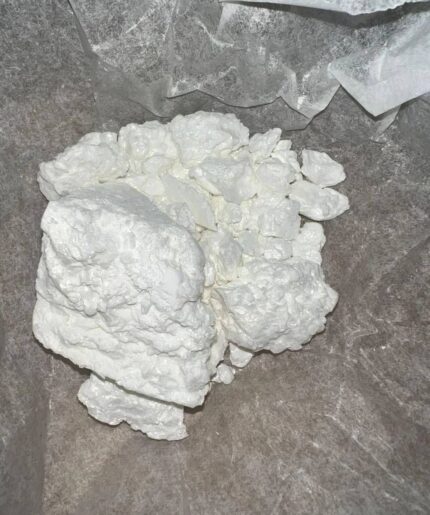COCAINE
Cocaine is used widely and seen as a very socially acceptable drug in some circles which can sometimes lead to use spiralling out of control and becoming compulsive. Though some use it safely and sensibly, without it impacting finances, work or other social activities, others can find it becoming a compulsive “must have”, and find that socialising or having sex – sometimes even doing our jobs – difficult to do without it.
For some it can become such a crutch that they find themselves up for days, home alone, dishonouring their responsibilities or neglecting their health. Others can adopt a lifestyle of endless partying and chaotic sexual encounters. Mixing coke and sex can also lead to chaotic sexual encounters, whereby sexual boundaries are often crossed.
Though not physically addictive, cocaine has enormous potential to become psychologically addictive, and imagining life without it can cause anxiety.
COCAINE HARM REDUCTION TIPS
Injecting cocaine can be very dangerous in regard to overdosing. This can also cause damage to veins, and their is more risk of contracting HIV or Hep C. Visit our safer injecting practices page for further information. The Pharmacy needle exchange scheme allows you to collect clean needles anonymously and discreetly at certain pharmacies. The pharmacy at Boots, Piccadilly Circus is part of the scheme and is open till midnight seven days a week.
If you would like to discuss your cocaine use further, you can contact us for a confidential chat.




